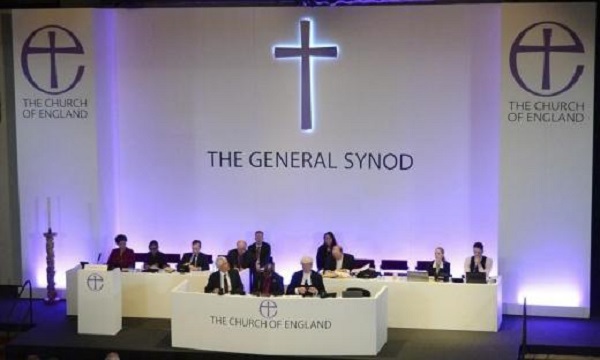Church of England clergy crisis: Retirements exceed ordinations
The Church of England is facing a shortage of clergy as more priests are retiring and fewer priests are being ordained.
The present statistics gives both "a warning and an encouragement" to Church of England leaders, Rev. Peter Ould wrote in an article published on Christian Today.

"Although there is a looming crisis in numbers of stipendiary (salaried) clergy, there are signs that the Church is slowly turning the employment corner," Ould said.
He said many priests who receive a stipend, or those who are financially supported by the Church, are nearing retirement, and more than 25 percent of them are about to retire in the next 10 years. However, the number of new priests being ordained is not enough to cover for those who are leaving.
In some places, like Canterbury and Truro, a whopping 40 percent of the priests will enter retirement in a decade, and many of those who will be left are in their 50s. However, with this impending problem, some dioceses do not appear to be doing something about it, Ould said.
In spite of all these, there is good news – more younger people in their 20s and 30s are being trained in the Church compared to older people. Additionally, more women are joining the clergy, and the new ones are enough to compensate for those who are facing retirement.
Yet, these are still not enough to make up for the retiring ones overall.
Ould said one contributing factor to the diminishing number of clergy could be a move made by the Church in the 1970s and 1980s emphasizing the need for people with more "life experience," which effectively drove the younger men away.
"The result was that younger men were turned away from ordination and never came back," Ould said.
It took many years to break this trend, but with new efforts such as "Call Waiting," younger men are being encouraged to join the clergy.
Ould remains confident in the fact that many members of the Church of England today are serious about their faith.
"We might yet have some parishes that struggle to employ a vicar, but increasingly we have men, woman and children in the pews who take their faith seriously and live it out in ways not imagined a generation ago," he wrote.
The Church of England traces its roots to the time when Christianity was introduced to Britain during the Roman Empire. It is a "Catholic and Reformed" church, as it used to acknowledge the pope's authority until the Reformation.





